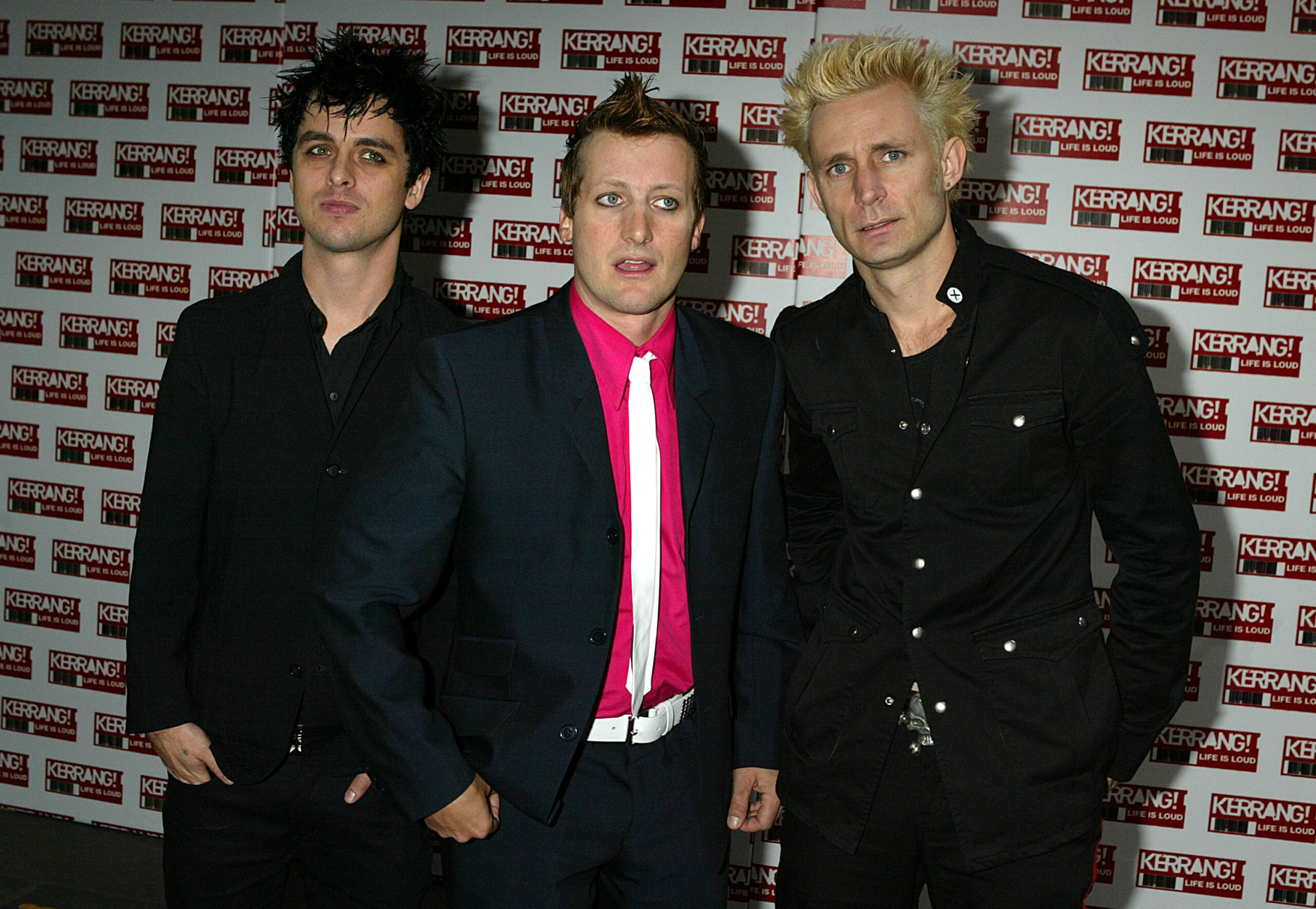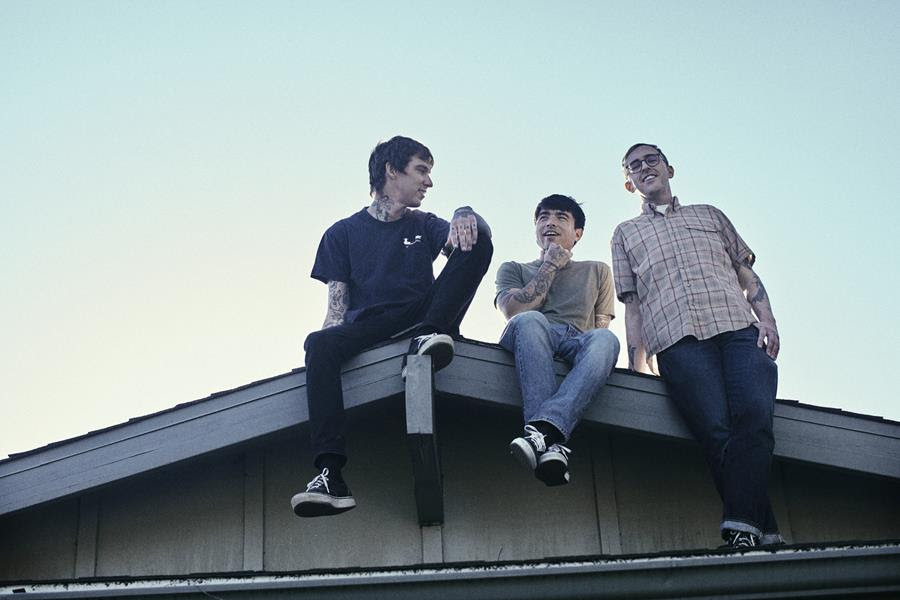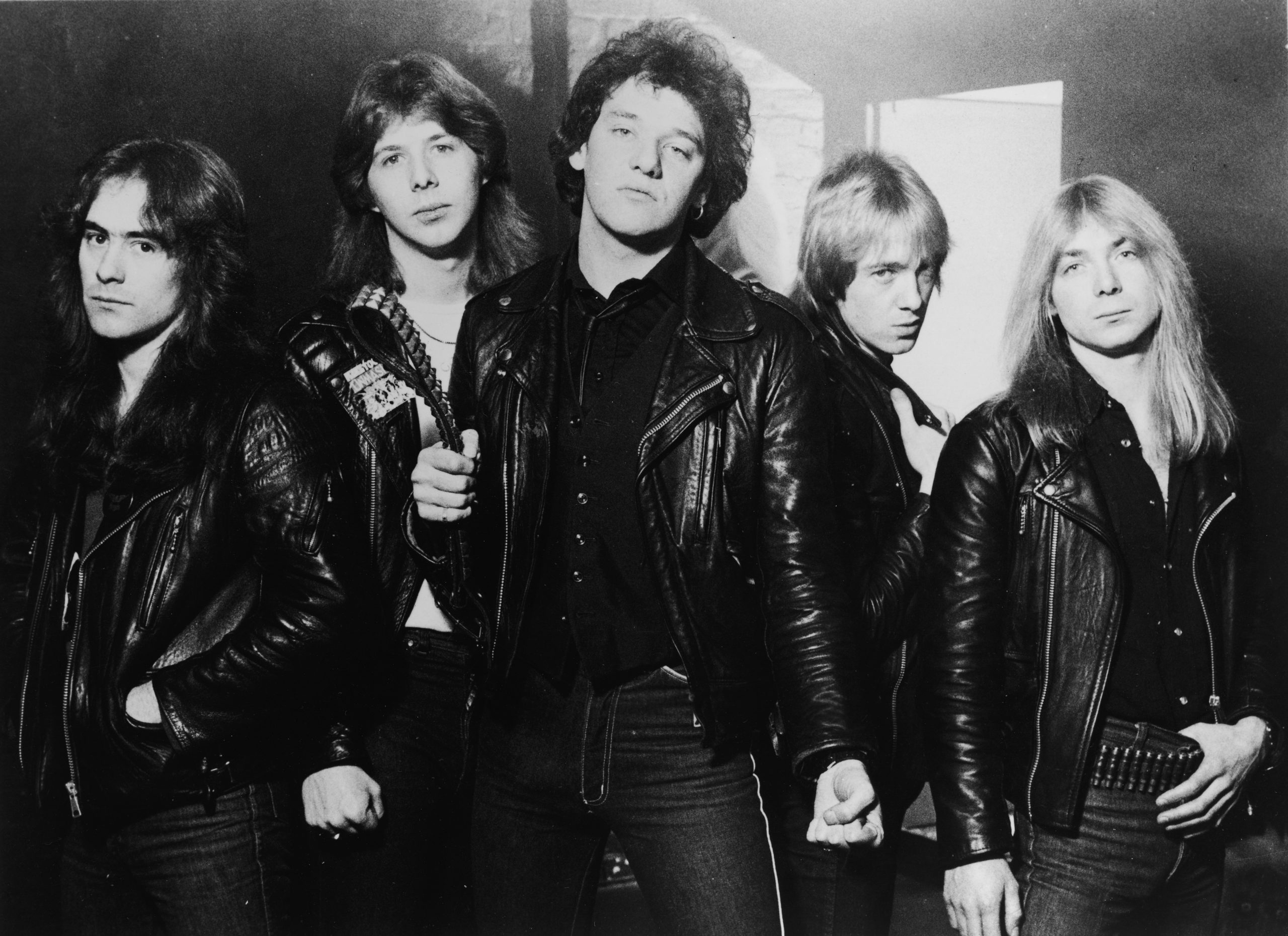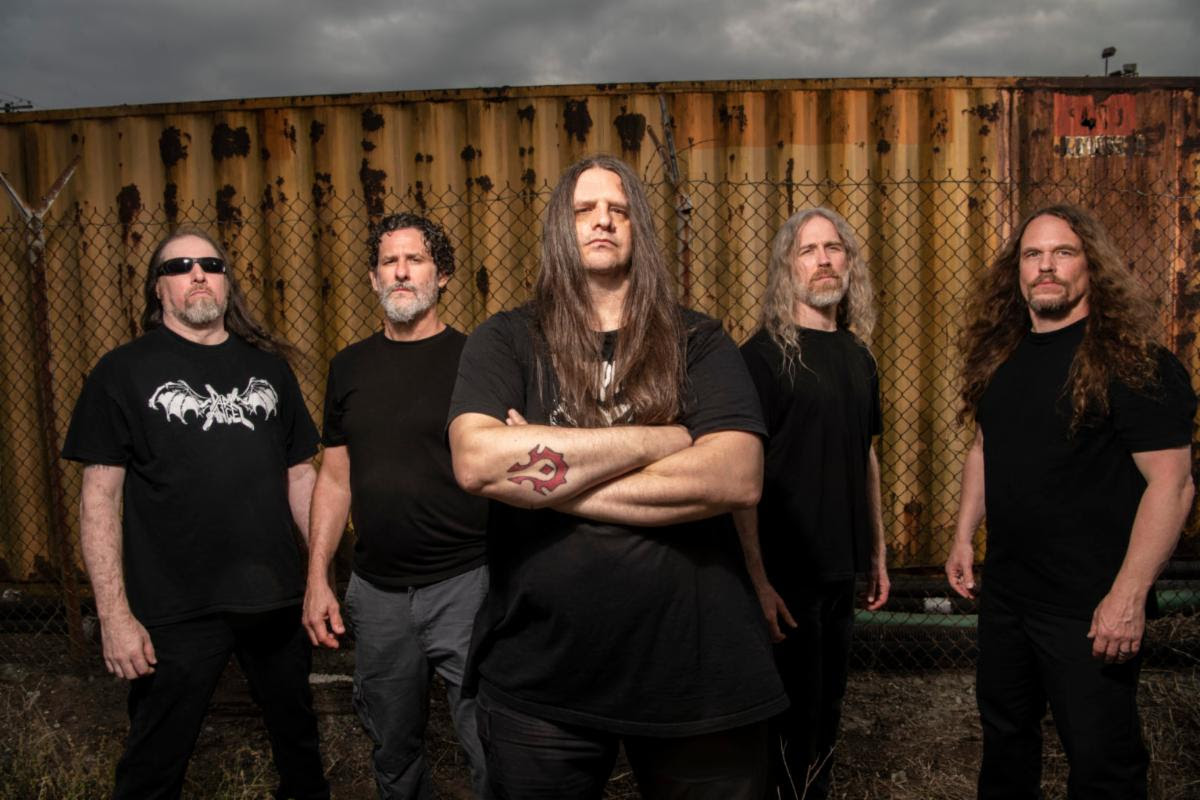I saw El-P perform live for the first time in 2013. The stage, situated under the I-65 overpass at Louisville, Kentucky's Forecastle festival, sat a stone's throw from both the Ohio River and a decoratively beached yacht, so it felt preternaturally appropriate when El stood next to his partner in rhyme, Killer Mike, and rattled off the first sidewinder verse in "Sea Legs," my favorite track on the then-new Run The Jewels album. So new, in fact, that most of his audience didn't know the words to the songs. Most members of the crowd -- primarily white twenty-somethings wearing neon sunglasses and backpacks equipped with water bladders -- were almost certainly too young to remember the beginning of El-P's career. But they ate him up anyway.
The past two years have been very kind to Brooklyn born b-boy Jaime Meline, a.k.a. El Producto, b.k.a. El-P. Run The Jewels (as well as his and Killer Mike's 2012 solo albums) has made El a producer and emcee whose work is talked about, while not too long ago the conversation focused on his personal business.
Four years ago El placed his label, Definitive Jux, on indefinite hiatus. He hadn't produced a song in a year. Personally, I didn't expect a third solo album out of him, and I don't think anyone expected the roaring odd-couple success that Run The Jewels has been.
People do get second chances.
Of course, if anyone has earned a shot at redemption, it's El, who has twice played an important role in popularizing america's hip-hop underground. His first appearance on record -- as part of Company Flow in 1997 -- helped put Brooklyn's Rawkus Records on the map. El kickstarted the label that kickstarted Mos Def, Talib Kweli, and Pharoahe Monch. Afterward, as artistic director at Def Jux, El curated a who's-who of noteworthy emcees including Cannibal Ox, Mr. Lif and Aesop Rock. Independent hip-hop would not look as it does now without El.
In retrospect, El's independent spirit seems couched in aspects of his personality. This is a man whose album sampled William Burroughs, the original mad independent of New York City. Paranoia remains the defining theme of his lyrics. El's verses often double as suspicious tirades against the government, big business, the record industry, and any other authoritative force he can think of. He might be incapable of working within the traditional confines of the music industry.
Nor does El operate in the traditional confines of what a producer-emcee does or does not do. He listed the equipment used to create Fantastic Damage in the album's liner notes, for example; although the gesture could be read more as a middle finger than a how-to guide. For the earlier part of his career, El produced some of hip hop's most inventive beats with not much more than a rudimentary sampler. He cobbled together beats out of prog rock, experimental and new age music, Phillip Glass compositions and found sounds, creating music with no prominent hip-hop forebears save for maybe the Bomb Squad. When hip-hop sounded smooth and danceable, El sounded like a demolition team -- there would be no Death Grips or Yeezus without his pioneering. As Killer Mike raps on "Banana Clipper": "Producer gave me a beat, said it's the beat of the year/ I said 'El-P didn't do it, so get the fuck outta here.'"
After close to two decades working on the fringes of popular hip-hop, El-P's production style and lyrical themes are more relevant than ever, and he's producing some of the best material of his long and twisting career. Which is exactly why it's time to assess his projects. For such a prolific artist, El hasn't produced that many full-length records. Included are every full-length record that El produced in entirety, and every record in which he seemed to have an authoritative part, with the exception of his instrumental track collections -- in other words, Cannibal Ox in, High Water out.

The good news about El's discography is that mixtapes aside, there's really not a dud to be found. Still, placing The Cold Vein this low might seem contentious to listeners who remember the context of the album's release. Lauded on arrival, Cold Vein, alongside Aesop Rock's Labor Days LP, gave Def Jux an identity and a reputation for artistic seriousness while the label was still young. In the overarching view of El-P albums, however, it seems distanced from the rest of his work. Vast Aire and Vordul Mega, the two emcees of Cannibal Ox, both spit frequently nostalgic and confessional verses ("You were a still born baby/ Mother didn't want you but you were still born," Aire raps on "Iron Galaxy"), whereas El's other work is uninterested in confessing or repenting anything. Still, El takes ownership of the record, producing every track, and taking prominent spit-takes on two songs. He even begins "Ridiculoid" by saying "You know this was supposed to be my album, right?" The beats remain unmistakably his, with lo-fi drum samples snapping at high volume over whining synthesizer washes. The title fits the content, which always sounds just a little muffled, as if coated in a thin, brittle layer of snow. Later in his discography, El held back less, and burned brighter, with hotter beats.
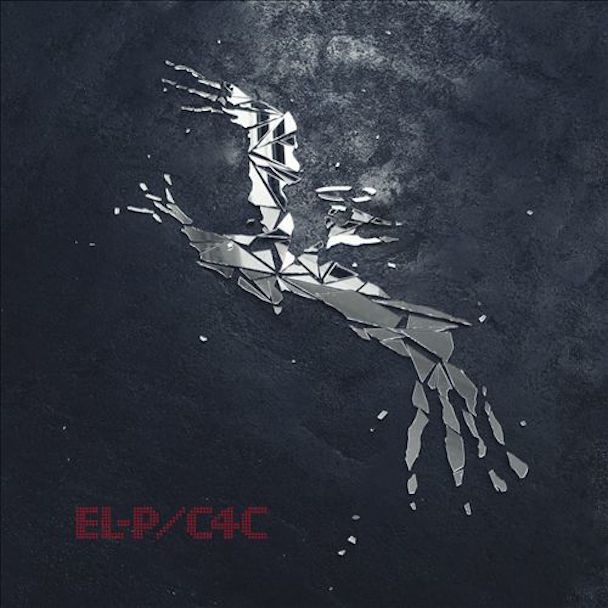
Released after a five-year gap, the longest between El-P releases, Cancer 4 Cure ended the darkest part of El's career -- the twilight and end of Def Jux, and the untimely passing of friend and fellow Weatherman Camu Tao. That Cancer 4 Cure came to exist is a surprise. That it is such a rebellious and energized album for much of its runtime is shocking. In many ways it is the depressing and bleak album one might expect (the title is a reference to Tao's battle with lung cancer), but for all that it's one of his most raucous releases. The album pretty much steamrolls banger after banger from opener "Request Denied" (wherein tellingly, El says "This is our timing, we are not dying") on through "True Story." The record, with its Burroughs sample introduction and more violent lyrics, seems reminiscent of Funcrusher Plus, like the record represents El trying to cash the check his earlier career wrote, and for much of the runtime it pays off. The album finds him refining his live instrumentation production style, with faster tempos, and more guitar solos, hand drums and wailing organs. In that sense, the first half of Cancer 4 Cure lays the blueprint for Run The Jewels. It also shows off El's improved storytelling ability: one can almost feel the sweat drip down his cheek during drug-deal-gone-passive-aggressive track, "Works Every Time," or the backroom interrogation narrative of "The Jig Is Up." El's increased roster of guest stars keeps the first half of the album varied and interesting, even if Danny Brown's verse on "Oh Hail No" comes out of left field and breaks the flow of things -- Killer Mike's appearance on "Tougher Colder Killer" primed the public for Run The Jewels before the project congealed the next year. Still, Cancer 4 Cure has its downsides -- particularly its third act, which is full of great beats and soundscapes, such as "Stay Down," that never congeal into great songs. It's a deflating ending to El's love letter to Brooklyn (the briar patch of "$4 Vic/Nothing But You + Me (FTL)"), and his statement of renewed purpose.

El christens himself the third shooter on the grassy knoll during his climactic verse on "8 Steps To Perfection," the opening single of his full-length debut, Funcrusher Plus. As one-third of Company Flow, El unloaded verse after verse positioning himself as the antidote to the supposedly poisonous influence of big business in hip-hop. It's difficult to assess the audacity of such a statement in July 1997, a time period predating both broadband internet and the Bush regime. Gangsta rap was moving serious units, Biggie's murder was fresh news, and one white dude from Brooklyn posited himself as badder than bad, standing against corporate music and not taking profit margins into account. Funcrusher Plus makes a bold statement in ethos and style, and in many ways El has followed its lead since, from the science fictional cover art to the William Burroughs samples. That isn't to suggest that El hasn't improved on the Funcrusher formula, though. For one, though he had a quick, sharp tongue from the start, fellow emcee Bigg Jus comes across as the more critical of the pair, frequently opening tracks and leaving El to mop them up. The beats hold up to the test of time, but display their influences a bit proudly compared to what came later in El's career. It's worth noting that El shared musical duties with DJ Mr. Len, but together their staccato keyboard hits, orchestral stingers and bop-based rum loops feel too reminiscent of RZA's work on Enter The Wu-Tang (36 Chambers). Still, Funcrusher Plus made for a hell of an opening salvo, and most emcee/producers would envy having such a record in their discography, but El mostly improved upon his work here later.
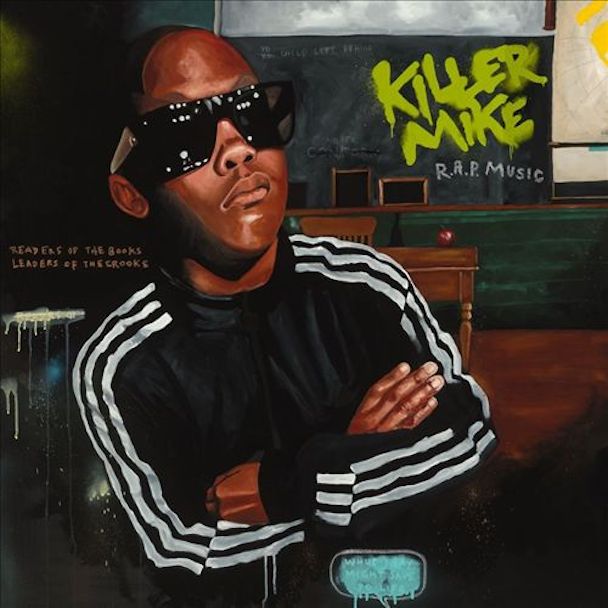
This record's inclusion might seem contentious. Yes, Killer Mike had a long and storied career as a solo artist and frequent collaborator with Outkast before he ever met El-P, and his lyricisms take center stage over El's production. However, together with Cancer 4 Cure, R.A.P. Music forms the blueprint for El's work in Run The Jewels. Also, R.A.P. Music brought Mike into the wider hip-hop dialog, and for many people sold him as someone with more substance than just "that guy with the verse in 'The Whole World,' and 'Never Scared.'" I place it over Cancer 4 Cure because, while that album makes for an intense roller coaster ride, RAP Music positions Mike as a thoughtful, and loving man as well as a dynamite emcee. Yes, aggressive tracks like "Big Beast," "Don't Die" and El-P collab joint "Butane (Champion's Anthem)" deliver the goods, but the album really finds its footing when it slows down. "Reagan" makes a more direct political statement than El ever has, and does so at a creepy-crawly pace. The last two tracks on the record, "Willie Blake Sherwood," and "R.A.P. Music," make for an emotional one-two punch: the first tells the story of Mike's tempestuous but supportive relationship with his family as a young, untested emcee, and the second explores his relationship with God (or lack thereof) through the lens of hip-hop culture. R.A.P. Music is so good because, as Mike himself raps on the title track's chorus "This is church, front pew, amen, full clip/ what my people need, and the opposite of bullshit."
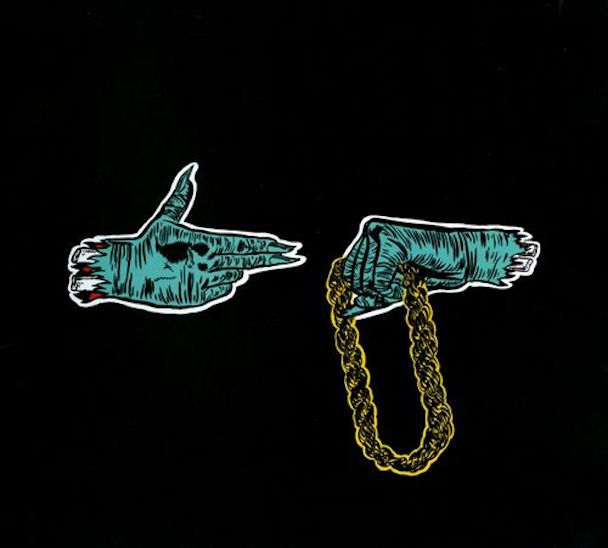
My iTunes tells me I listened to the first, self titled album by Run The Jewels more than any other new hip-hop record in 2013. That means in part and the entire way though. Listening to the whole affair from front to back is easy; for one, it's an incredibly catchy record, and for another it's pretty brief, barely clocking in over half an hour. That it never overstays its welcome is one of the many strengths of Run The Jewels, but mostly it's just a nonstop caravan of some of El's most neck-snapping beats. As adrenalized as the first half of Cancer 4 Cure is, Run The Jewels is more so. Incredibly, El and Mike prove more than up to the challenge of overpowering El's beats. Their chemistry together is palpable, and their verses seem to push one another to greater heights. And depths as well -- the content here is, as Mike puts it on "Job Well Done," "So motherfucking grimy, so motherfucking greedy, gritty." Mike's sensitivity and El's paranoia are both jettisoned in favor of an almost juvenile celebration of petty criminality. From most other emcees, the content would come across as absolute bullshit, but their delivery sells the damn thing. Think of it this way: Big Boi of Outkast takes a guest verse on "Banana Clipper," and it's one of the low points on the album. In the context of Run The Jewels, I would rather hear more of El and Mike roughhousing than hear a member of Outkast spit to an El-P beat. The album would have a serious claim as El's pinnacle if it took itself a little more seriously -- and if it skipped the irritating Prince Paul/'Chest Rockwell' skit near the end. That said, it's still required listening, if only for the queasy rhyme scheme in the chorus of "Sea Legs."
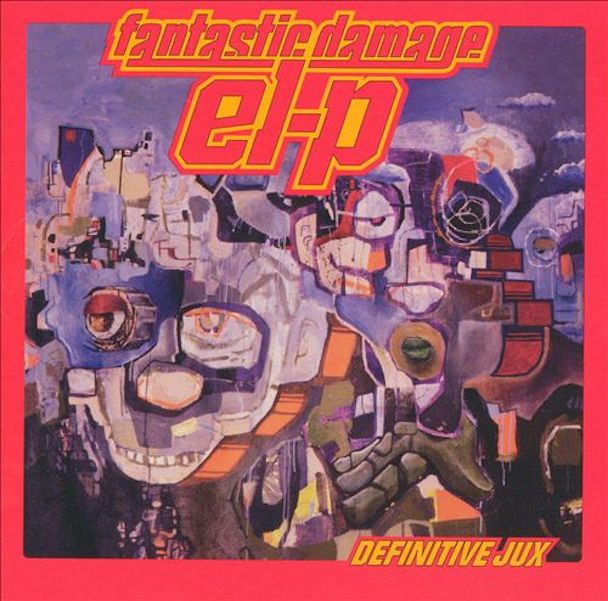
Considering the impact that El's earlier work made on independent hip-hop, as well as the amped-up adrenaline of his later work, it's easy to forget how far removed his solo debut was from what came before. It's likely that, had El kept his Cannibal Ox beats for his solo debut, it would not have made such a startling transition. Compared to The Cold Vein and Funcrusher Plus, Fantastic Damage is a highly polished machine, with piercing snare and cymbal hits, and keyboard runs that sound like Parliament-Funkadelic taking designer drugs. Simultaneously, it's El's most dense and oppressive collection of songs. While his other records have their moments of quietude and repose, Fantastic Damage fills every possible sonic space with some sludgy noise -- the whole drama of the album is wondering if it can possibly hold itself together for the duration (mostly, it can). El overdubs himself many times, forming his own gang chorus and barking his delivery into the mic until he seems like less a man than cerberus itself. The Hades he guards is a fully formed post-9/11 dystopia, complete with totalitarian oppressors (the 1984-quoting "Accidents Don't Happen"). Fantastic Damage was El's first stab at holding up an entire album by himself, and he performs admirably as an emcee, though his flow stays pretty aggressive throughout, and he'd learn more nuance later in his career. Guest spots from fellow Def Juxers Camu Tao, and especially Aesop Rock on "Delorean," provide memorable foils for his style. Also of note: Fantastic Damage produced the one song for which El may be best-known, the nerd-meets-hood anthem "Deep Space 9mm," which has sadly dropped from his recent set lists.

El-P has not pushed himself, and the boundaries of what his take on hip-hop could be, so far as on I'll Sleep When You're Dead. Not only does it represent the largest leap in vocal ability and production acumen in his career, but it's also his strongest output. This album saw El finally shed his sample-based production aesthetic in favor of a sound fully composed and created in studio with a mix of live and digital instrumentation. Many of these songs fully embrace his progressive rock leanings, creating multi-part, sometimes five-plus minute suites -- for example, Cedric of the Mars Volta contributes vocals and a guitar lick to opener "Tasmanian Pain Coaster." That song in particular shows off an expanded set of dynamics, transforming from a sample from the film Twin Peaks: Fire Walk With Me into El's spoken-word recollection of a chance meeting with an old friend on New York City's A-line and finally exploding into a rocking mix of hip hop and jazz fusion. The Mars Volta frontman is but one of several prominent guests who make substantial contributions to I'll Sleep When You're Dead, and few of them hail from the hip-hop community. Trent Reznor (at this point El's last obvious influence) sings the vocal hook on "Flyentology," while Cat Power's vocal turn on closing track "Poisenville Kids No Wins/Reprise" makes for one of the most dramatic and tender moments in his discography. Aesop Rock and Cage also trade verses back to back on "Run The Numbers" and "Habeas Corpses," a pair of El's most political tracks accusing the United States government of setting up 9/11 and comparing military deployment to slave ships, respectively. Even with such excessive accoutrement, El is the most interesting player on the album. The aggressive motor-mouthed approach that typified his earlier career reaches its apex in intensity and syllables-per-measure on career-highlight "Smithereens (Stop Cryin)," but elsewhere he switches up his flow in new and fascinating ways. He slows himself down on "The Overly Dramatic Truth," and in so doing delivers his jaded meditations on his own sex life in a clearer and more direct way than his younger self seemed capable of. That song in particular finds its echoes on "The League Of Extraordinary Nobodies," where El, for the first time, manages to balance his neuroses with his penchants for both introspection and identifying corruption in the world around him. Sonically, I'll Sleep When You're Dead pushed El into his fullest and most expansive areas as a composer, and matching those sounds with more mature poetry. His words here feel like the logical evolution of his younger, radical self -- he never abandoned his hatred for monoculture and clandestine organization, but presents them in a more poignant way. It's a rare forward-thinking hip-hop release from one of the underground’s most persistent innovators.


